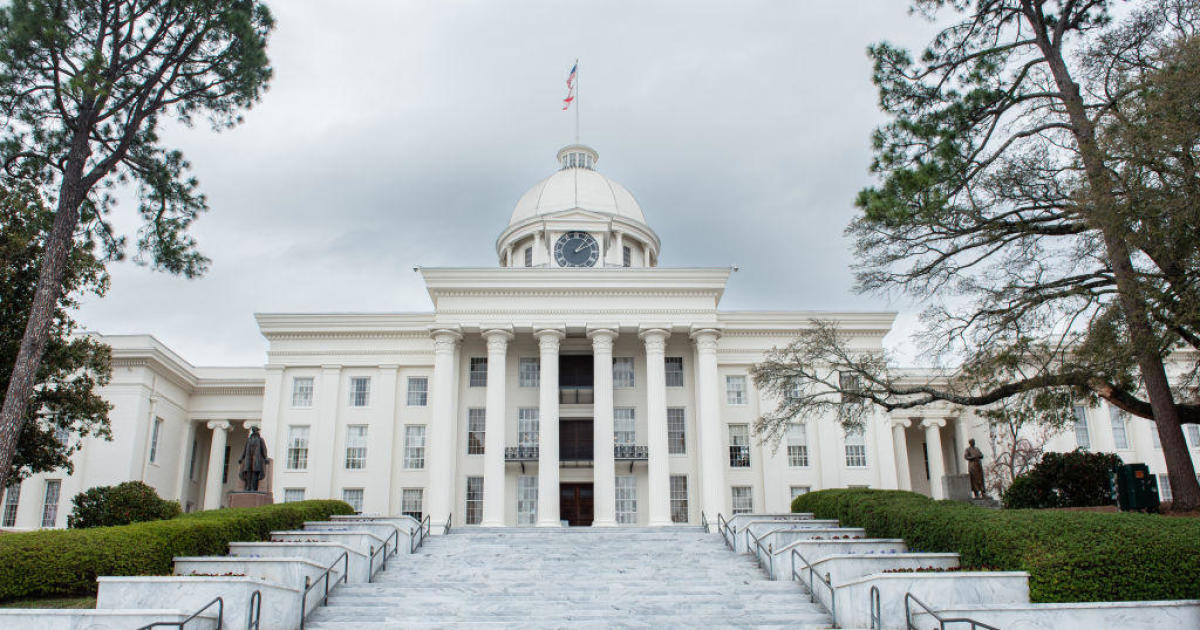Alabama Gov. Kay Ivey recently signed legislation into law that shields in vitro fertilization (IVF) providers from potential legal liability following a court ruling that equated frozen embryos to children. The bill, which was approved by the state House and Senate, protects providers from lawsuits and criminal prosecution for any damage or death of an embryo during IVF services. The state’s major IVF providers had paused services in response to the court ruling, prompting an outcry from patients and groups across the country. Lawmakers pushed for this immunity proposal as a way to address the clinics’ concerns and get them open, without addressing the legal status of embryos itself.
Patients in Alabama shared stories of upcoming embryo transfers being canceled and their paths to parenthood being put in doubt. The signing of the bill by Gov. Ivey was welcomed by many, including IVF clinics like the University of Alabama at Birmingham, which had paused treatments after the court ruling. The bill ensures that no action, suit, or criminal prosecution related to the damage or death of an embryo can be brought against any individual or entity offering or receiving IVF services. The legislation would allow clinics to resume IVF services and provide some level of protection to both patients and providers.
Despite the passing of this legislation, some critics, including the American Society for Reproductive Medicine, believe that it does not go far enough. They argue that the fundamental problem lies in the court ruling that equated fertilized eggs with children, which the legislation does not address. House Democrats have proposed legislation that would clarify in state law that a human embryo outside a uterus cannot be considered an unborn child or human being. However, Republicans have not brought these proposals up for a vote, as they navigate the complexities of the situation created by anti-abortion language added to the Alabama Constitution in 2018.
State Republicans are facing challenges in dealing with the IVF crisis, which has been partly influenced by the anti-abortion language in the Alabama Constitution. The 2018 amendment, which established the state’s policy to recognize the rights of unborn children, became the basis for the court’s ruling equating embryos to children. Lawmakers are now grappling with the unintended consequences of this broad language and are hesitant to make any changes to the constitution. The issue has sparked debates on when life begins and has divided opinions within the party.
At the federal level, efforts are being made to create nationwide protections for IVF access. Sen. Tammy Duckworth introduced legislation to this effect, but Sen. Cindy Hyde-Smith blocked the bill, citing concerns about overreach. The battle over abortion, IVF, and the legal status of embryos continues to be a contentious issue, with lawmakers at both the state and federal levels trying to navigate the complexities and conflicts surrounding reproductive rights and access to fertility treatments.









